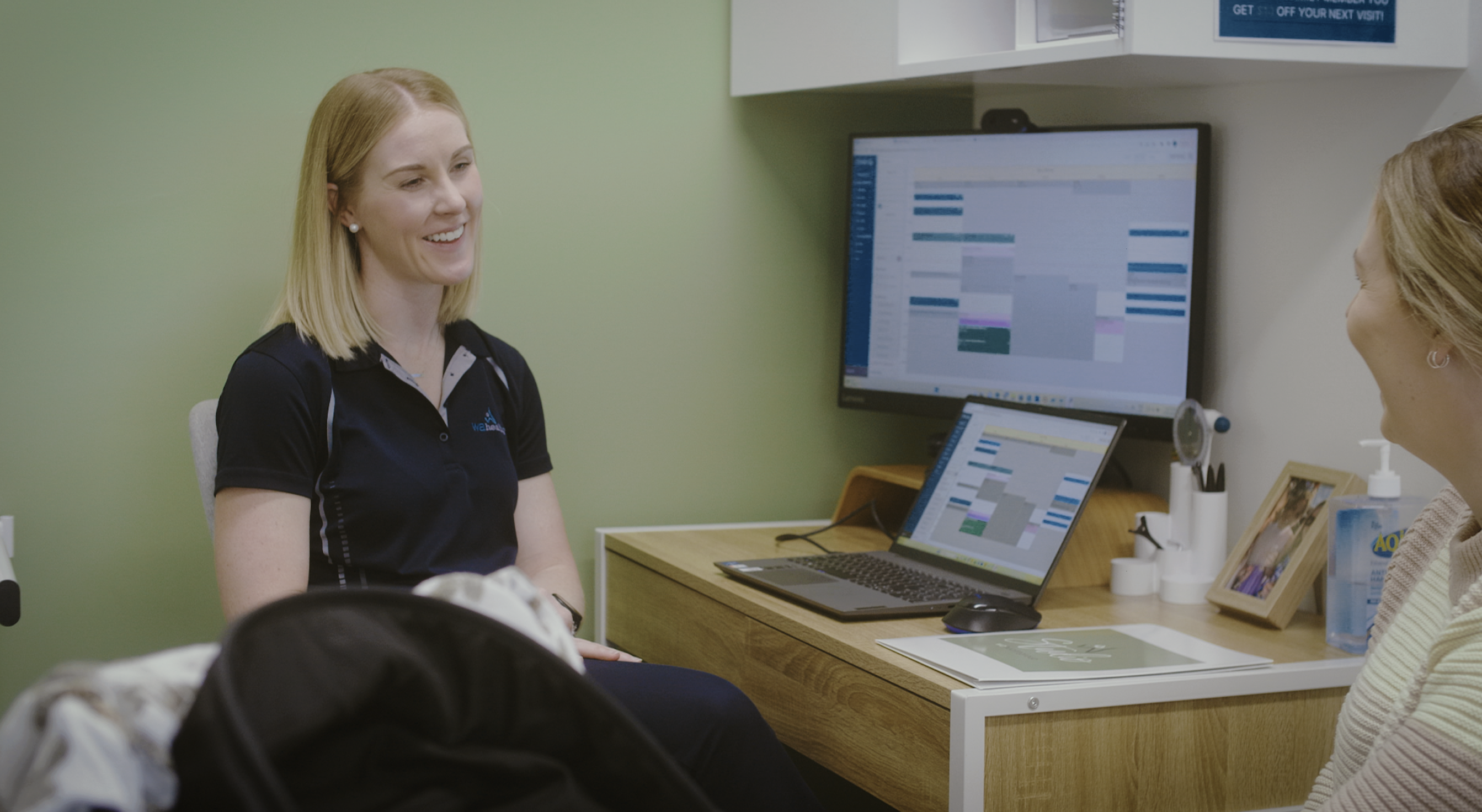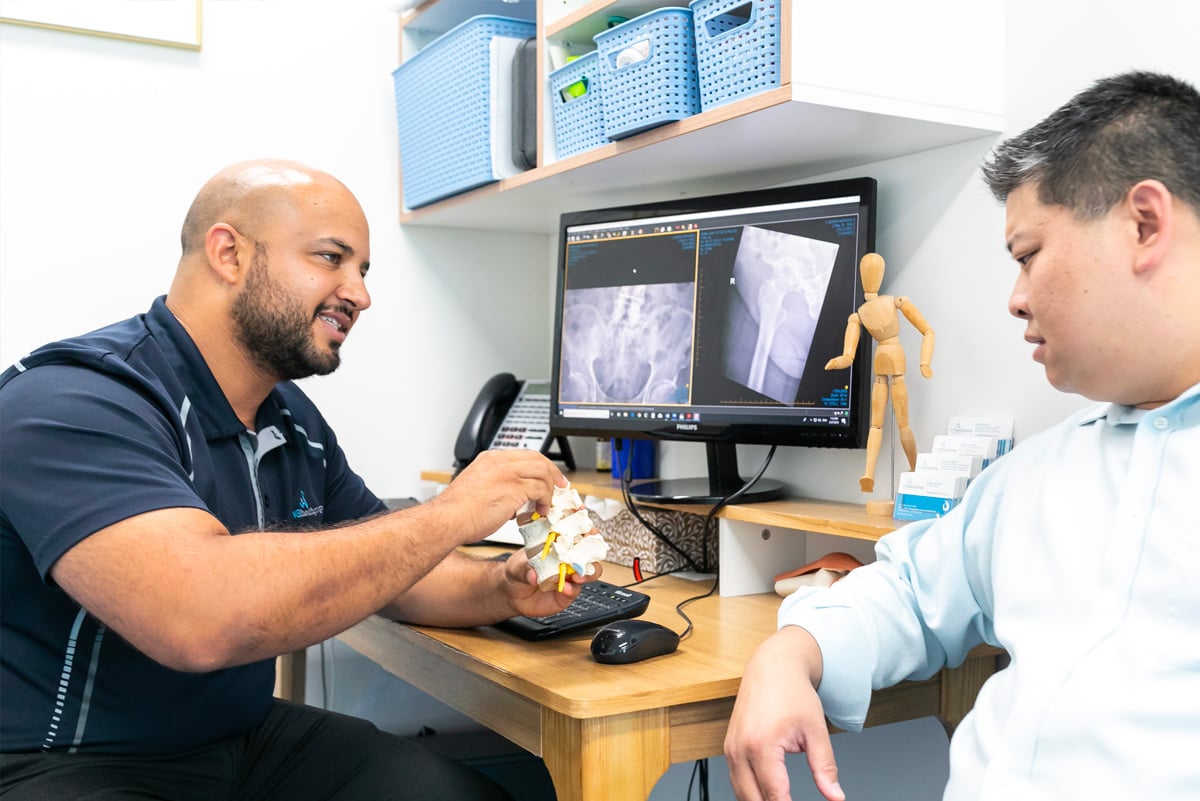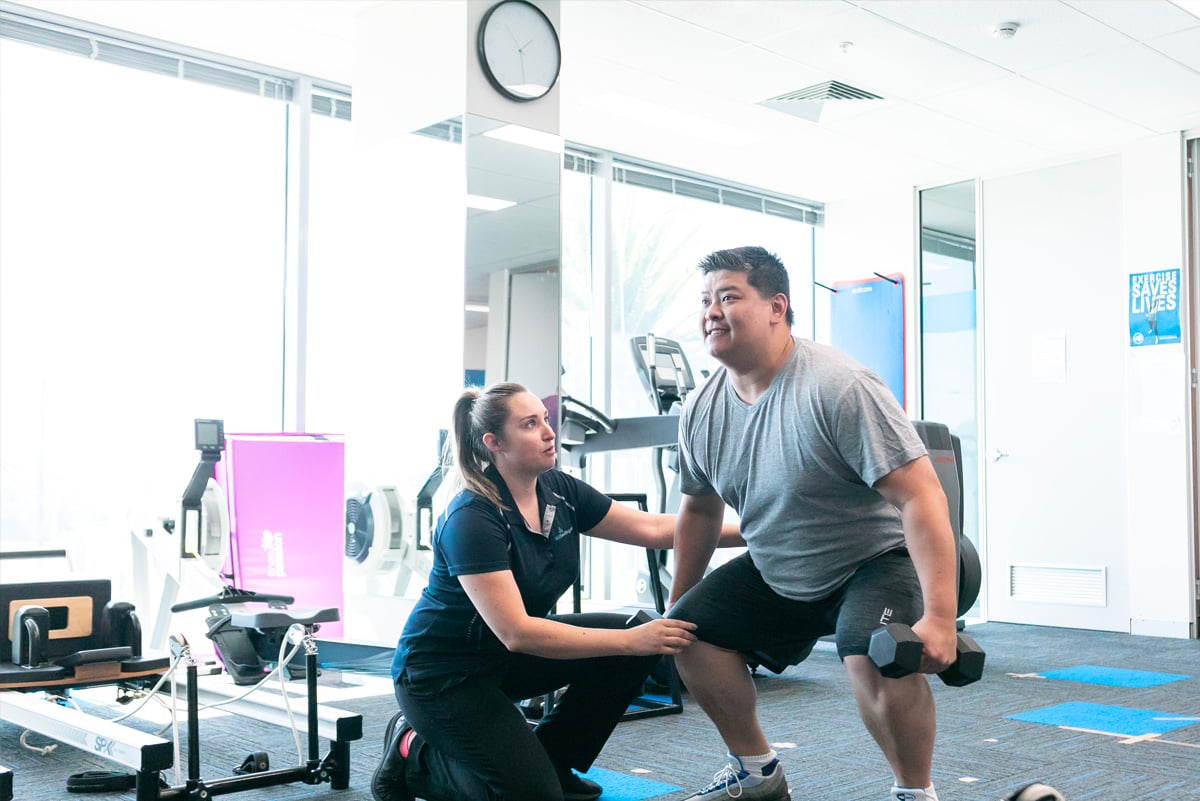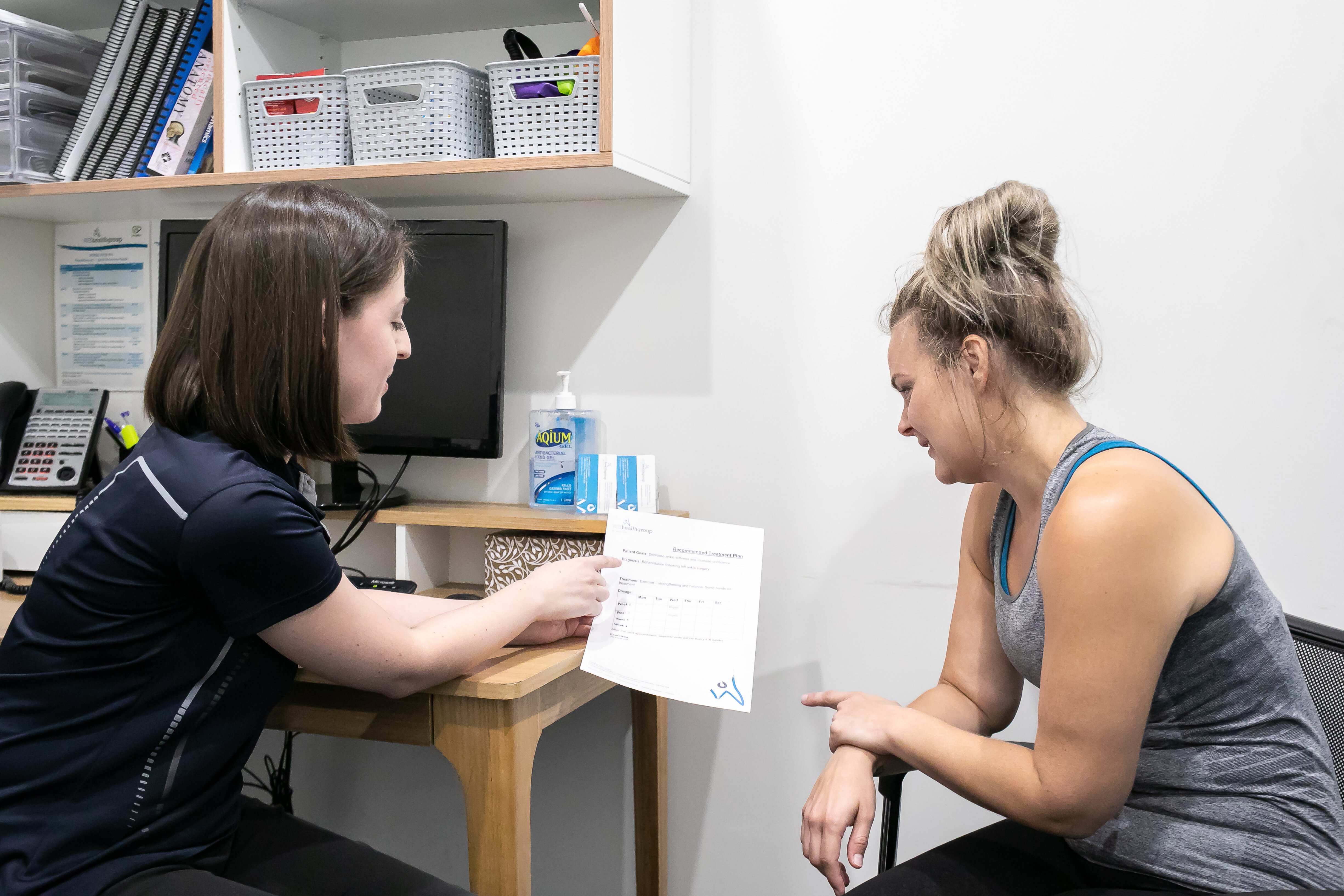Do I need approval from my oncologist or GP?
You don’t always need formal approval, but it’s recommended that your allied health clinician and oncology team communicate with each other (with your consent). This helps ensure that all care is consistent and appropriate to your medical plan.
What type of exercise is suitable during cancer treatment?
Exercise choices depend on your energy levels, treatment phase, and overall health. Some people benefit from gentle stretching or walking, while others may do light resistance or balance work. Your Exercise Physiologist will tailor activities to what feels comfortable and achievable for you.
Can I still attend sessions if I’m feeling tired or unwell?
Fatigue is common during treatment, and sessions can be adapted accordingly. It’s best to inform your clinician before the appointment so they can modify the plan or reschedule if rest is more appropriate that day.
How do I know which service to start with?
If you’re unsure, our reception or clinical team can help guide you. Physiotherapy, exercise physiology, and occupational therapy often overlap in focus, and your initial clinician can refer internally if another service is better suited.
Will private health or care plans cover these services?
Many private health funds and some care programs provide rebates for physiotherapy, exercise physiology, and occupational therapy. Our team can help you check your eligibility or provide item codes for your insurer.
Can I bring someone with me to appointments?
Yes. You are welcome to bring a family member, friend, or caregiver for support during your session.
How often should I attend sessions?
Frequency varies depending on your needs, treatment stage, and personal goals. Your clinician will discuss a plan that fits comfortably with your schedule and energy levels.
What if I’m not currently receiving cancer treatment but still have side effects?
Allied health support can also be helpful after treatment finishes. Physiotherapy, exercise physiology, or occupational therapy can provide guidance for gradual return to activity and ongoing self-management strategies.




.png)












